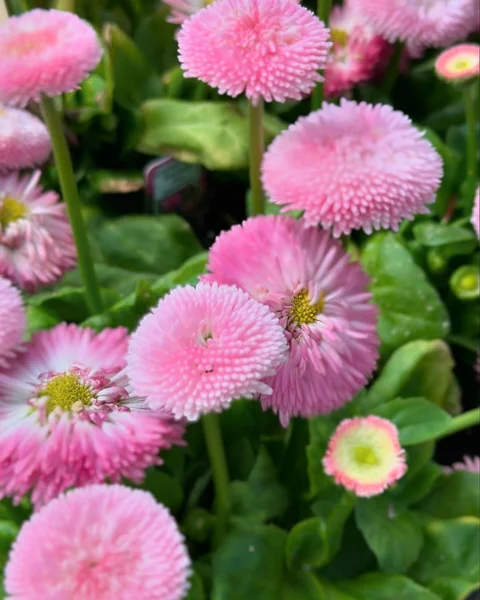
As the cold winter months give way to the warmer days of spring, many of us eagerly anticipate getting back into the garden. One of the most common questions we hear at LittleTree Garden Market in Fergus, Ontario, is, "When can I start planting out in the garden?" Timing your planting correctly is crucial to ensure the success and health of your plants. Here’s a guide to help you determine the best time to start planting in your garden.
Understanding Frost Dates
The first step in determining when to start planting is understanding the concept of frost dates. The last frost date is the average date of the last light freeze in spring. In Fergus, Ontario, the average last frost date typically falls around May 9th to May 15th. However, these dates can vary from year to year, so it's always a good idea to keep an eye on local weather forecasts as spring approaches.
Hardy vs. Tender Plants
Different plants have different levels of tolerance to cold weather. Hardy plants can withstand frost and cooler temperatures, while tender plants need warmer conditions to thrive.
- Hardy plants: Hardy plants, such as kale, spinach, peas, and certain perennials, can be planted earlier in the season. These plants can often be sown directly into the garden as soon as the soil is workable, which is typically in late March to early April in Fergus. Some hardy plants, like broccoli and Brussels sprouts, can be started indoors 6-8 weeks before the last frost date and then transplanted into the garden in early spring.
- Tender plants: Tender plants, including tomatoes, peppers, cucumbers, and annual flowers like marigolds and petunias, need to wait until after the danger of frost has passed. These plants should be started indoors in late March to early April and then transplanted into the garden after the last frost date, usually in late May. Be sure to harden off your seedlings by gradually exposing them to outdoor conditions over a week before planting them in the garden.
Soil Temperature and Condition
Besides frost dates, soil temperature is another important factor to consider. Most seeds and seedlings require a soil temperature of at least 10°C (50°F) to germinate and grow well. You can use a soil thermometer to check the temperature before planting. Additionally, the soil should be dry enough to work with; if it’s too wet, it can compact and hinder root growth.
Microclimates and Raised Beds
Keep in mind that your garden may have microclimates – areas that are warmer or cooler than the general area. South-facing slopes, areas near buildings, or raised beds can warm up faster than other parts of the garden, allowing for earlier planting. Raised beds, in particular, can be beneficial as they drain better and warm up more quickly in the spring.
Preparing Your Garden
Before planting, ensure that your garden beds are ready. Clean up any debris from the winter, amend the soil with compost or other organic matter, and remove any weeds. Proper preparation can make a significant difference in the health and productivity of your plants.
Regular Monitoring
Even after planting, it's important to regularly monitor the weather. Late frosts can still occur, and it’s a good idea to have row covers, cloches, or frost blankets on hand to protect young plants if a cold snap is predicted.
Visit LittleTree Garden Market for All Your Gardening Needs
At LittleTree Garden Market in Fergus, Ontario, we’re here to help you make the most of your gardening season. Whether you need seeds, seedlings, soil amendments, or tools, we have everything you need to get started. Our knowledgeable staff can provide advice and answer any questions you may have about planting times and garden care.
Drop by and see us this spring – we’re excited to help you grow a beautiful and bountiful garden!




